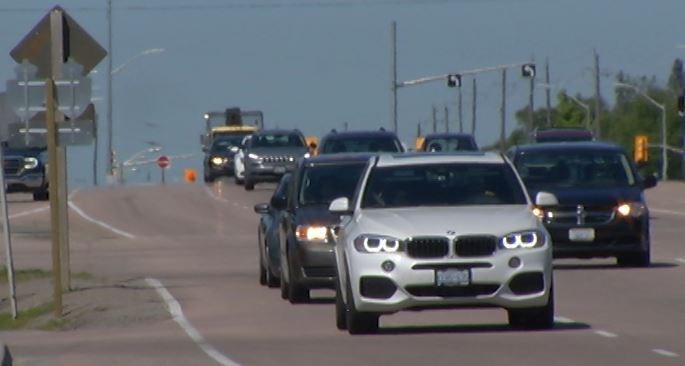A draft report recommending steps to make it easier for commuters to reach transit stops along a revamped Diagonal Highway between Longmont and Boulder is available for review. The report was prepared by Commuting Solutions, a nonprofit group formed to improve transit options in Boulder and Broomfield counties.
The “First and Final Mile Study” for the Diagonal — also Colo. 119 — discusses the type of stations to be used for a proposed Bus Rapid Transit system along the highway. BRT is among the package of improvements being considered for the roadway, which will cost an estimated $253 million. So far, $93 million has been set aside for the corridor with the first phase of the construction planned for 2023, Audrey DeBarros, executive director of Commuting Solutions, said.
“First and Final Mile” gap is any barrier that discourages potential riders from using transit because a station cannot be easily accessed from home, work or other destination, according to the study.
“This can include trip distances, street network and design or a lack of available transportation options,” the study states. The study was conducted by consultants Fehr & Peers and Apex Design.
The First and Final Mile study proposes ways to improve bicycle and pedestrian connections and signage along the Diagonal as well as boosting shared parking, microtransit options and accessing transit on demand.
Commuting Solutions will be taking comments on the study through May 7.
Phil Greenwald, Longmont’s transportation planning manager, is a member of the project management team. He said once the “First and Final Mile” plan is finalized by Commuting Solutions, Longmont will use the plan to guide development of the BRT station areas and their connections to the surrounding bicycle and pedestrian network.
“Some first/final mile solutions are for people parking a private vehicle at a Park-n-Ride or being dropped off as part of a shared car service (Uber/Lyft) or carpool,” Greenwald said in an email. “But the larger vision is to increase the safety and reliability for people walking or bicycling to these transit stations, while also making these routes/paths/trails as quick and direct (and clearly signed) as possible.”
The action items from the First and Final Mile study will also help increase transit usage, specifically on the BRT operations coming in the next four years between Longmont and Boulder, Greenwald said. That will eventually expand to between Longmont and Broomfield/Denver on the Colo. 287 corridor south; and to Berthoud/Loveland/Fort Collins on the Colo. 287 corridor to the north.
“Overall, the idea is to broaden travel choices, to help us all get to where we’re going safely, affordably, and reliably — while meeting our emission reduction goals both at the state and city levels,” he said.



